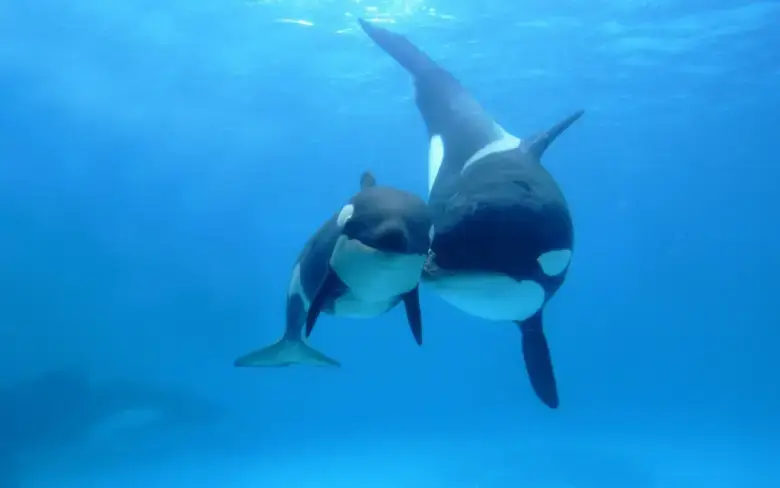The Students for Environmental Action club (SEA), set up a screening of “Blackfish” on Nov. 11. A total of 13 people were present to watch the documentary, making for a personal, intimate screening.
“Blackfish,” a documentary released in 2013 about the captivation of orca whales at SeaWorld and other oceanthemed amusement parks, was the film chosen by the SEA in order to bring light to attendees about the condition of animals held in captivity.
When asked why she set up the event, President of SEA Hannah Pierce, said that, “the club has a different theme every week concerning global environmental issues, and the theme for the week of the event was animal captivity.”
She continued saying, “We try to make the events we hold relevant to that week’s theme, and most of us in the club have seen it (“Blackfish”) and loved it, so it made sense to hold an event where we show it and help inform anyone who doesn’t really know about the state of animal captivity nowadays, and get them more interested in the matter. “Blackfish” does a great job of showing that.”
The event was also cosponsored by the International Students Association (ISA), who provided refreshments for the gathering.
Shukria Shinwari, a higherup in the ISA, stated that the association took an interest in global issues, including environmental ones, such as the state of animal captivity around the world. Interviewing some of the audience members, everyone generally had the same reaction to what they saw.
One student, a junior named Toneita Thomas, said the movie was, “amazing, and super informative on SeaWorld’s practices.” Thomas also stated her sadness that SeaWorld’s directors are knowledgeable on the issues with the captivity of killer whales, but do nothing to change it, only to keep their image clean.
While watching the film, Thomas took further interest in the issue, and looked online for more information about the captivity of whales and other animals, and to see the current status of “Blackfish’s main focus: the male orca Tilikum.
Another junior, Shaidalys Garcia, thought the movie was “powerful” and that it was “interesting to learn the information that SeaWorld refuses to give.” She told the press that she loved the interviews with former SeaWorld whale trainers throughout the movie, and that she liked how viewers could learn their perspective on their relationships with the whales and their thoughts on SeaWorld’s practices.
The event ran without a hitch, with everyone staying for a few minutes after the film’s conclusion to discuss what they had just seen and how they felt about it.
Given everyone’s increased interest in the issue of animal captivity across the globe, one could say that the SEA succeeded in their reasons for showing the film. For more information on the SEA, or the ISA, they can be reached at sea@snhu.edu and isa@snhu.edu, respectively.




